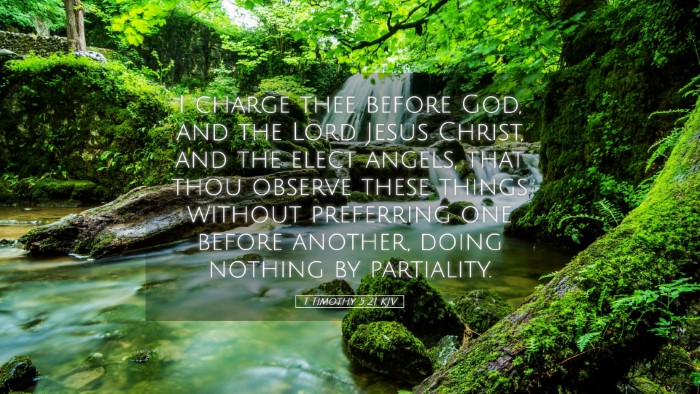Old Testament
Genesis Exodus Leviticus Numbers Deuteronomy Joshua Judges Ruth 1 Samuel 2 Samuel 1 Kings 2 Kings 1 Chronicles 2 Chronicles Ezra Nehemiah Esther Job Psalms Proverbs Ecclesiastes Song of Solomon Isaiah Jeremiah Lamentations Ezekiel Daniel Hosea Joel Amos Obadiah Jonah Micah Nahum Habakkuk Zephaniah Haggai Zechariah MalachiVerse
1 Timothy 5:1 1 Timothy 5:2 1 Timothy 5:3 1 Timothy 5:4 1 Timothy 5:5 1 Timothy 5:6 1 Timothy 5:7 1 Timothy 5:8 1 Timothy 5:9 1 Timothy 5:10 1 Timothy 5:11 1 Timothy 5:12 1 Timothy 5:13 1 Timothy 5:14 1 Timothy 5:15 1 Timothy 5:16 1 Timothy 5:17 1 Timothy 5:18 1 Timothy 5:19 1 Timothy 5:20 1 Timothy 5:21 1 Timothy 5:22 1 Timothy 5:23 1 Timothy 5:24 1 Timothy 5:25

